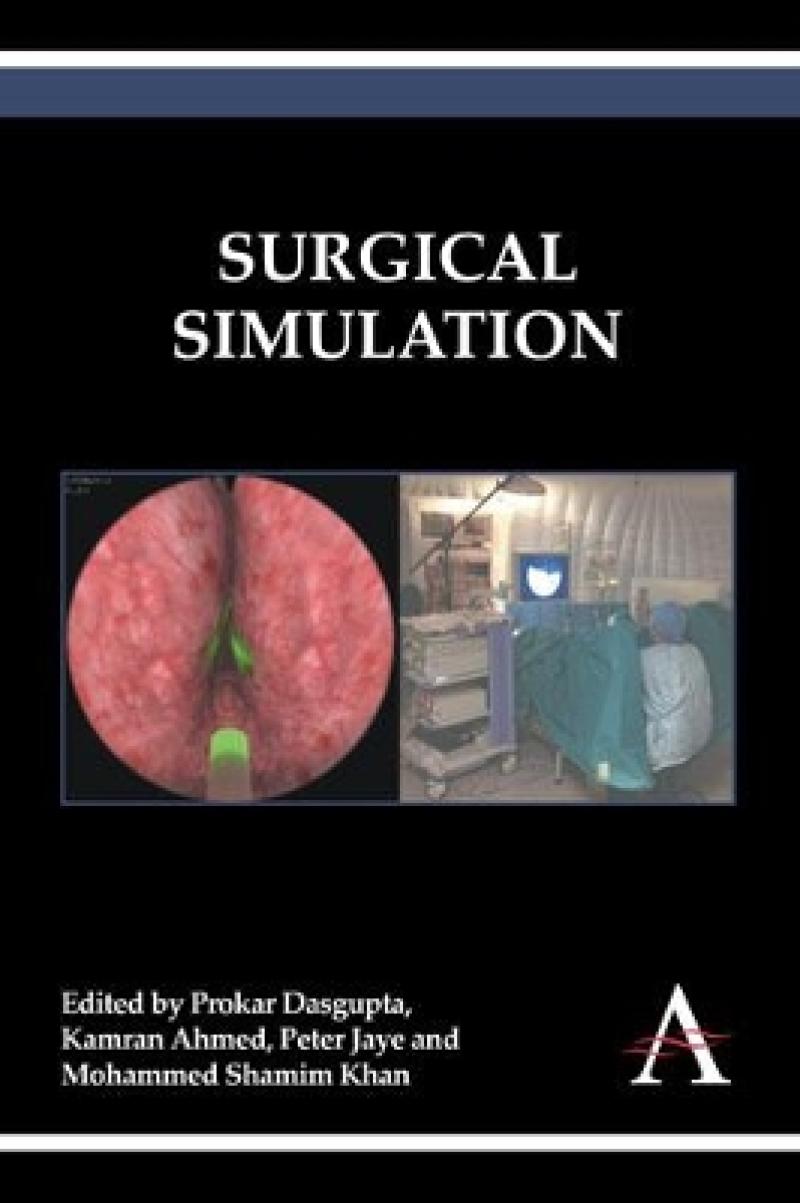<p>‘This is truly a most comprehensive and accessible publication on simulation in urology. While the title of the book is ‘Surgical Simulation’ and consequently all aspects of surgical simulation are expertly discussed, care is taken to also point to the role of simulation techniques as a key tool in the development of non-technical proficiencies such as communication- and cognitive skills. [...] I would highly recommend this book as a most interesting publication for all colleagues working in urological care. I can assure you, you will not be disappointed.’ —Per-Anders Abrahamsson, ‘BJUI International’</p>
Now widely recognized as one of the most effective methods for training future surgeons, simulation has become an integral part of the multidimensional landscape that makes up a surgical education curriculum. This book provides an overview of the current status of simulation-based training in various surgical disciplines and explains the science of surgical education, from developing a simulation programme to properly assess surgeons-in-training, to transferring the skills acquired through simulation into real-life settings. As such, the book can be used as a guide for understanding the basics of surgical education.
This book provides an overview of the current status of simulation in various surgical disciplines and explains the science of surgical education.
1. Surgical Simulation: An Overview; 2. Simulation in Historical Perspective: The History of Medical and Surgical Simulation; 3. The Role of Animal Models in Surgical Training and Assessment; 4. Full Procedural Surgical Simulation; 5. Developing Non-technical Skills; 6. Learning Curves for Simulators; 7. Developing a Simulation Programme; 8. Patient Safety and Simulation; 9. Psychometrics; 10. Future of Surgical Simulation; Author Details
An overview of the current status of simulation models and training techniques in various surgical disciplines, and a helpful guide to the basics of surgical education.
Produktdetaljer
Biografisk notat
Prokar Dasgupta is the professor of robotic surgery and urological innovation at King’s College London and hon. consultant urological surgeon at Guy’s and St Thomas’ Hospitals. He is the editor-in-chief of the ‘British Journal of Urology International’.
Kamran Ahmed is an academic clinical lecturer at King’s College London and specialist registrar in urology at Guy’s Hospital.
Peter Jaye is a consultant in emergency medicine at Guy’s and St Thomas’ NHS Foundation Trust (GSTT) and the director of simulation at GSTT, and leads simulation for King’s Health Partners.
Mohammed Shamim Khan is a consultant urologist at Guy’s Hospital and honorary reader at King’s College London. He is the director of the BAUS Office of Education.
